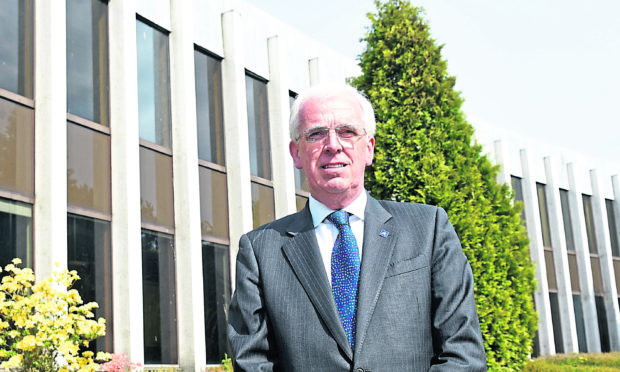The leader of Aberdeenshire Council has insisted that any tourism tax introduced would need to be locally controlled to secure his administration’s backing.
The Scottish Government yesterday finished its consultation on proposals to give local authorities the power to introduce a Transient Visitor Levy (TVL).
Under the scheme, councils could impose a rule that hotels or other sites would have to charge extra money per visitor per night.
Aberdeenshire Council leader Jim Gifford has argued that while the finer details of a Transient Visitor Levy (TVL) have not yet been confirmed – and as such the administration has not been able to form an opinion – any proposal would need to allow for local control over rates before he would offer any support.
He said it would be a hard sell if money raised through the tax in Aberdeenshire was seen to be swallowed up centrally – or benefitting other regions and cities.
Mr Giford said: “We’ve taken no view yet as we don’t know the technical details, and once we see the details coming through, we’ll make a decision as to whether we use it or not.
“The entire essence of this scheme is to generate additional taxation and money for the council.
“If the government is going to afford us the ability to raise cash through a tourism tax and then take that off our settlement, then we’re no further on.
“And if they take it as a tax that we collect on their behalf and then it all goes into a central pot, then that’s also of no benefit to us whatsoever.
“It has to be additional funding and it has to be raised and spent in the area.
“That is the only way I could convince people that it’s a tax worth having.
“Raising money here and then spending it down in Glasgow and Edinburgh wouldn’t go down a storm.”
Earlier this week, the trade body UK Hospitality warned its research predicted a TVL could cost Aberdeen and the north-east 352 jobs and slash £12.4 million from their economies.
The group said a TVL could “damage Scotland’s reputation as a world-class tourism destination”, increase costs for residents and “lead to a loss of jobs and investment at a critical time for the sector”.
